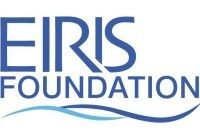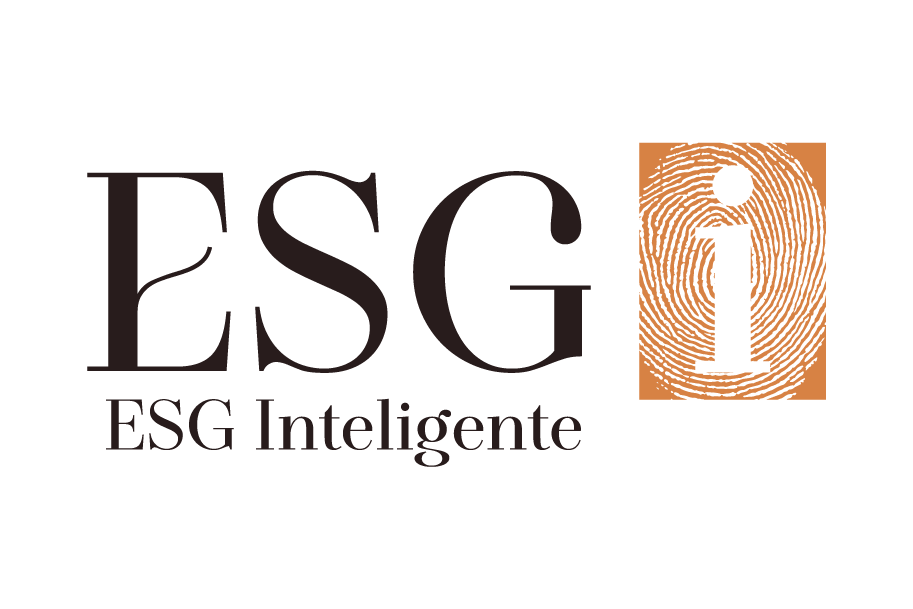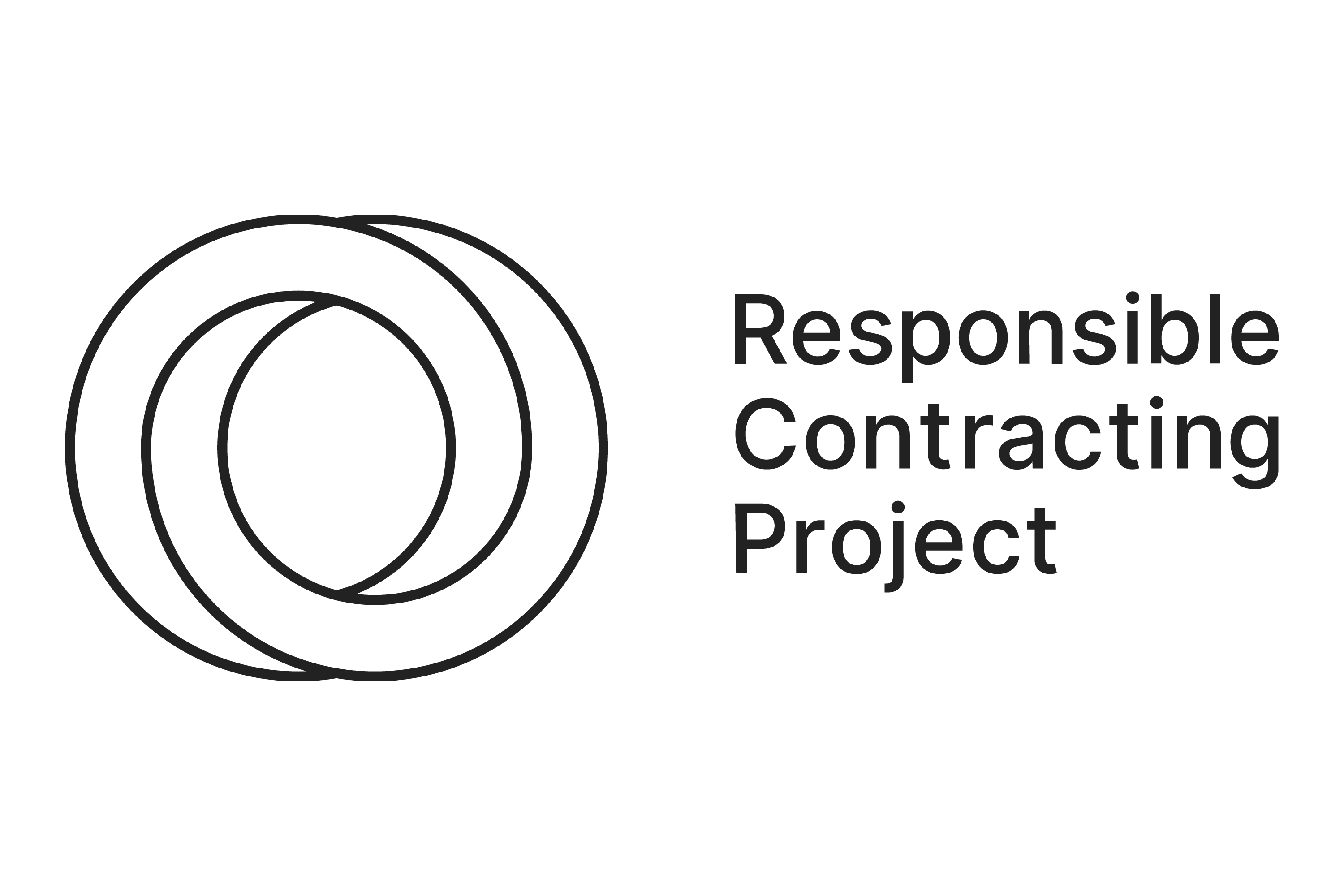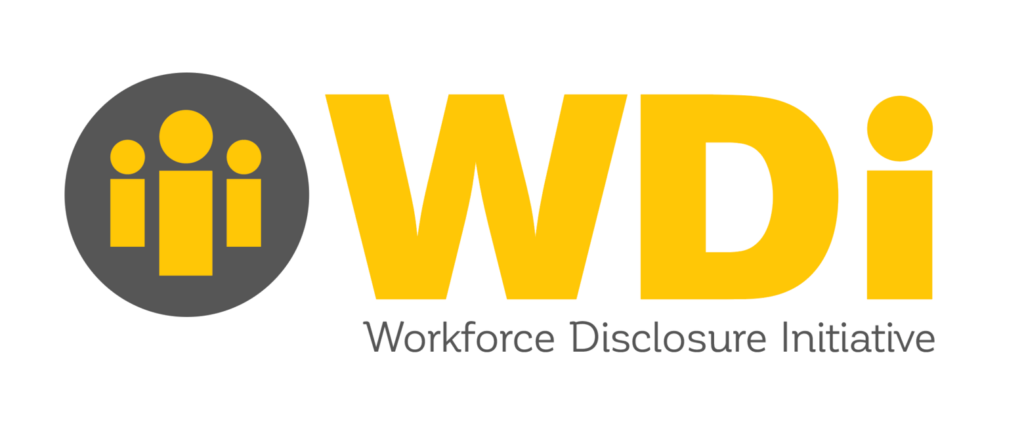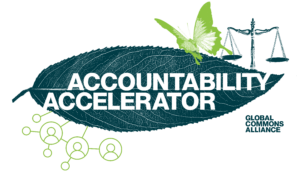Human rights and environmental due diligence (HREDD) is an essential measure of a company’s true risk exposure. Rights CoLab, together with an expanding group of partners is developing a set of “precision tools” to help investors discern the quality of human rights and environmental due diligence (HREDD) of the enterprises they invest in.
The Precision Tools are featured on a microsite, Investor HREDD Precision Tools, as a public resource and one-stop shop for new and seasoned investors alike. Each tool addresses a pain point—and a point of leverage—in human rights and environmental due diligence, and provides insights and practical steps to evaluate the quality of portfolio companies’ HREDD. Across the tools this resource provides a common language and shared understanding of human rights and environmental due diligence (HREDD).
The Precision Tools:
Certifications Red Flags (beta): Investors need impartial guidance on how to evaluate the strength of a given social certification in reducing labor and environmental risks in supply chains. While certifications can be useful signals that a company has put systems in place to measure and manage human rights and environmental risks, they are not always reliable proxies for responsible business conduct. Certifications Red Flags highlights the warning signs that a certification or multi-stakeholder initiative (MSI) may not be a reliable indicator of corporate performance, and points to good qualities that investors can look for.
Responsible Contracting Guide: International supply chain contracts play a significant role in determining human rights and environmental outcomes in supply chains. The Responsible Contracting Guide informs investors on how responsible contracting can support more robust HREDD processes that can effectively prevent adverse human rights and environmental impacts. It supports investor engagement with their portfolio companies to ensure that they are designing their supply contracts to support, not undermine, HREDD processes.
Stakeholder Engagement Guide: Stakeholder engagement sits at the heart of quality human rights due diligence, but doing it well is complex. Investors don’t have the time or knowledge to determine what to press for in their corporate engagement to improve it, or to ensure that the company is integrating what they have learned through their engagement into their full due diligence process. The Stakeholder Engagement Guide will provide tailored guidance on stakeholder engagement that leverages existing stakeholder engagement standards (forthcoming in 2025)
Remedy Guide: Access to a remedy is itself a fundamental right in international human rights law, and a core component of HREDD. It’s also an area that most stymies the private sector. The Remedy Guide will provide much needed translation of remedy that includes and goes beyond company-level grievance mechanisms, demonstrates the financial materiality of the failure to provide remedy, and includes explainers of all forms of remedy expected of companies that cause or contribute to harms (forthcoming in 2025).
HREDD Corporate Engagement Script: To enable investors to discern the signs of quality due diligence in their engagement with portfolio companies, the script will guide investors through key elements of effective human rights and environmental due diligence – for example, how the company determines salient risks, builds ongoing relationships with rights holders, and embeds human rights due diligence into management processes, business decision making, and governance. The script will equip investors with follow-up questions that will help them cut through incomplete or evasive answers from companies (forthcoming in 2025).
